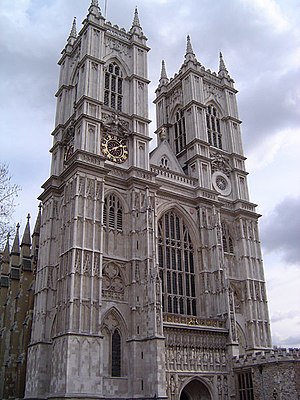
The 110-room
Madison Hotel in downtown Memphis, Tennessee is a typical high-end boutique hotel.
Boutique hotel is a term popularised in North America and the United Kingdom to describe intimate, usually luxurious or quirky hotel environments. Boutique hotels differentiate themselves from larger chain/branded hotels and motels by providing personalized accommodation and services / facilities. Sometimes known as "design hotels" or "lifestyle hotels", boutique hotels began appearing in the 1980s in major cities like London, New York, and San Francisco. Typically boutique hotels are furnished in a themed, stylish and/or aspirational manner. Although usually considerably smaller than mainstream hotels, often ranging from 3 to 100 guest rooms, some city-centre boutique hotels may have several hundred. Boutique hotels are always individual and are therefore extremely unlikely to be found amongst the homogenity of large chain hotel groups. Guest rooms and suites may be fitted with telephony and Wi-Fi Internet, air-conditioning, honesty bars and often cable/pay TV, but equally may have none of these, focusing on quiet and comfort rather than gadgetry. Guest services are often attended to by 24-hour hotel staff. Many boutique hotels have on-site dining facilities, and the majority offer bars and lounges which may also be open to the general public.
Despite this definition, the popularity of the boutique term and concept has led to some confusion about the term. Boutique hotels have typically been unique properties operated by individuals or companies with a small collection. However, their successes have prompted established multi-national hotel companies to usurp the term and/or try to establish their own brands in order to capture a market share. The most notable example is Starwood Hotels and Resorts Worldwide's W Hotels, ranging from boutique-style hotels like the W Union Square NY to the W 'boutique resorts' in the Maldives.
There is some overlap between the concept of a small boutique hotel and a bed and breakfast.
In the United States, New York remains the center of the boutique hotel phenomenon, as the original Schrager-era boutique hotels remain relevant and are joined by scores of independent and small-chain competitors, mainly clustered about Midtown and downtown Manhattan. The French Quarter and Garden District, New Orleans have several dozen boutique hotels, most of which are located in old homes or inns. These usually provide an ambience based on 19th-century antiques, artwork with New Orleans themes, vintage or reproduction furniture and decor and/or interesting historical associations. Miami and Miami Beach also have a large number of boutique hotels, mostly found along the beachfront streets Ocean Drive and Collins Drive. Most of these are in buildings from the heyday of the Art Deco period. Their attractions include the Art Deco ambiance, beach access, nouvelle and Latin cuisines and tropical-themes interior decor.
The concept of boutique or design hotels has spread elsewhere outside the US. A good example is Thailand where many boutique or design hotels are sprouting, especially in resort locations, such as Phuket and Hua Hin. Boutique hotels are even now appearing in such places as Indonesia, Shanghai, Iceland, Peru and Turkey. Boutique and design hotels are becoming increasingly popular in Far Eastern cities such as Bangkok, Singapore, Hong Kong and even Beijing.
source from : www.wikipedia.org















